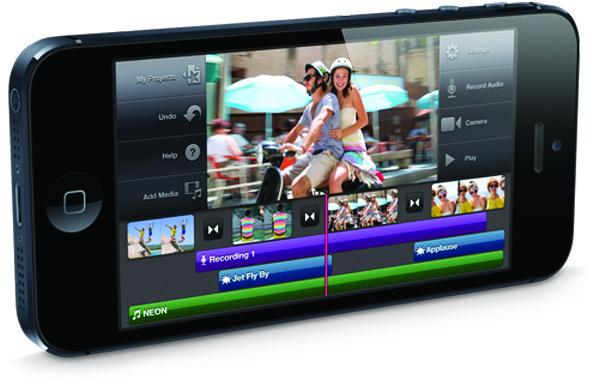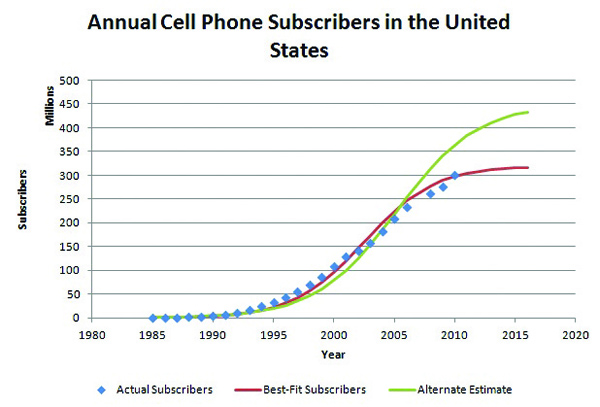The Pendulum Swings

Without question, smartphones are awesome, and they have dramatically changed our everyday lives. We measure our self-worth by the number of bars we have. When our phones are fully charged, we are happy. When they are discharged, we are in full panic mode. Kids today probably can’t fathom how anyone functioned before the advent of smartphones. They ask, “Dude, how did people post pictures of themselves on Facebook while water skiing?”
But you know what? I think the bloom is off the rose. Smartphone sales are hitting a plateau. Their technical evolution is slowing down. They aren’t as cool as they used to be. And that’s a good thing because, ominously, smartphones took an enormous chunk out of the audio/video industry. Now I think it’s time for payback.
Call it the honeymoon effect. When a new technology bursts upon the scene, everything is lovey-dovey. We are fascinated by the novelty, intrigued by the possibilities, excited by the hotness. And then, inevitably, the infatuation wears off. Sure, we love our smartphones and always will. But technology can only evolve so fast; the days of startlingly quick innovation are over. Now new phones are better than old phones, but not spectacularly so. Would we still camp in front of an Apple store to buy one, or throw ourselves under a bus to save one? Perhaps not.
The numbers bear this out. Currently, Apple share price is down nearly 30 percent from its all-time high of $702, set in September, 2012. The latest Samsung flagship, the Galaxy S4, fell short of sales expectations—by perhaps 30 percent or more. There are literally warehouses filled with unsold S4s. In the second quarter, cellular subscriptions grew at the slowest rate since the birth of the cell phone boom. Mobile carriers added only 139,000 new connections to their networks; that is a decline of 95 percent from a year earlier. Plenty of growth is still possible, but the U.S. smartphone market is maturing. Although it hasn’t happened yet, over time, smartphones will become just another commodity.

As smartphone excitement cools, consumers will start looking for something else to fall in love with. And that’s where it gets interesting. What will be the next big technology? Clearly, tablets are hot. Then what? Google Glass? Something entirely new and unexpected? Or maybe a return to... hold that thought.
The other variable here is what I’ll call the Flight to Quality. Most of the success of smartphones lies in their generational improvements. For example, the video displays differentiated one generation of smartphone from the next. Clearly, customers are very interested in getting the highest resolution. Related to this has been the boom in headphones. Bundled earbuds were only satisfactory for a short time. Soon, customers demanded better audio quality. That demand for audio quality, coupled by the fact that DJs, for the first time ever, made it cool to wear headphones, resulted in a headphone gold rush.
So, let’s tie these two thoughts together. The smartphone honeymoon is waning, and there is a clear demand for audio and video quality. It is not inconceivable to predict a pivot in consumers’ affections and a resurging interest in “traditional” audio/video equipment.
Of course, today’s AV technology is far from “traditional.” It too has evolved nicely, thank you. Contrary to popular belief, the Internet didn’t kill the music industry, it just revolutionized it. In the same way, the Internet and smartphones didn’t kill the AV industry, they revolutionized it. With connectivity, wireless, and 4K thrown in, today’s AV is a whole new ball game.
Will a renewed interest in AV spark a monster explosion in AV sales, or spell doom for smartphones and tablets, and other new technologies? Hardly. But AV has survived the lean, hard times brought on by the smartphone boom. AV is ready and waiting with audio and video that blows away the best smartphones. Consumers who discover, or rediscover, AV might just be smitten.
























































